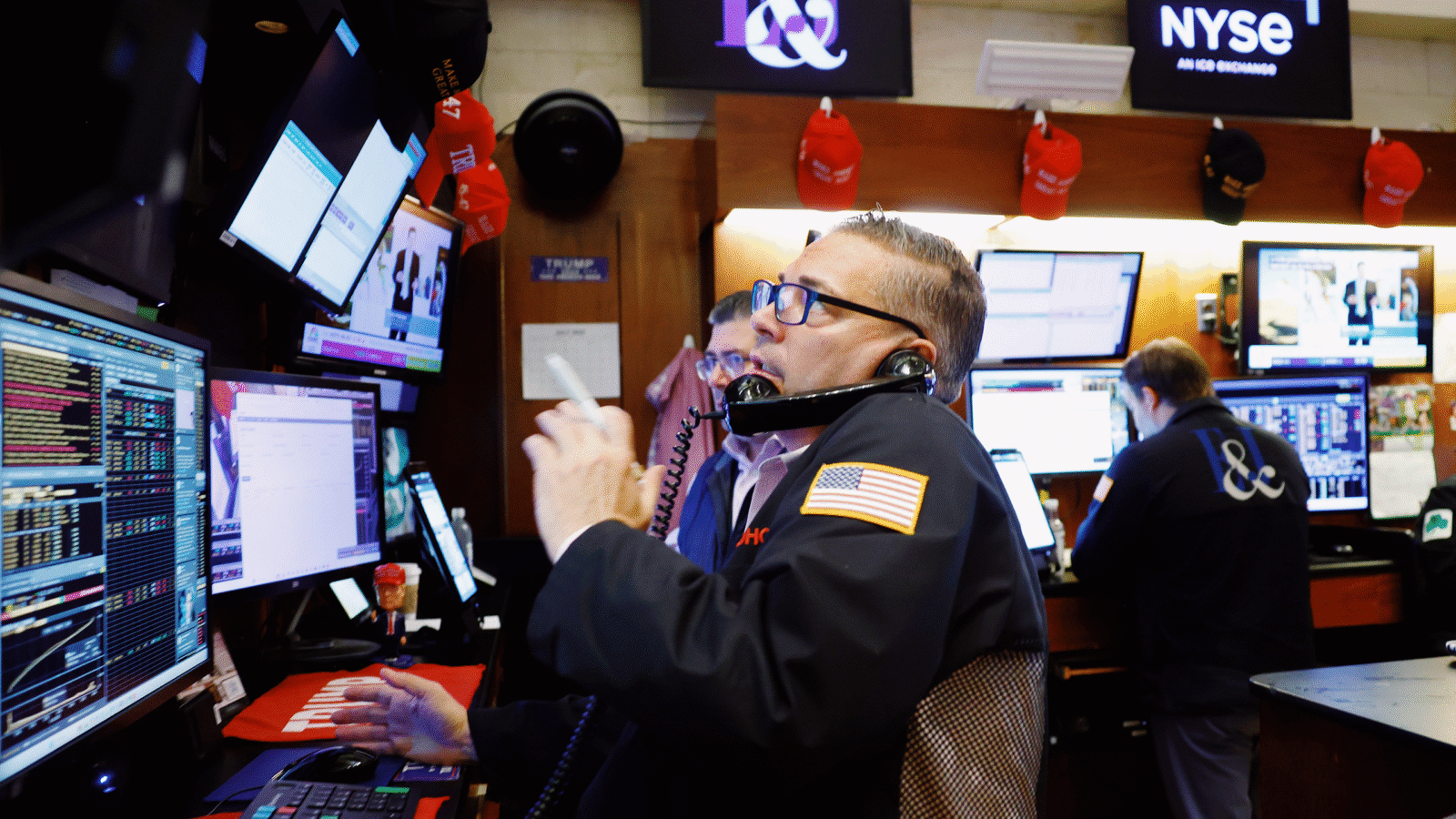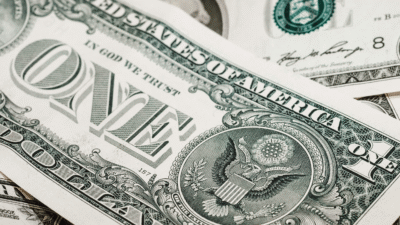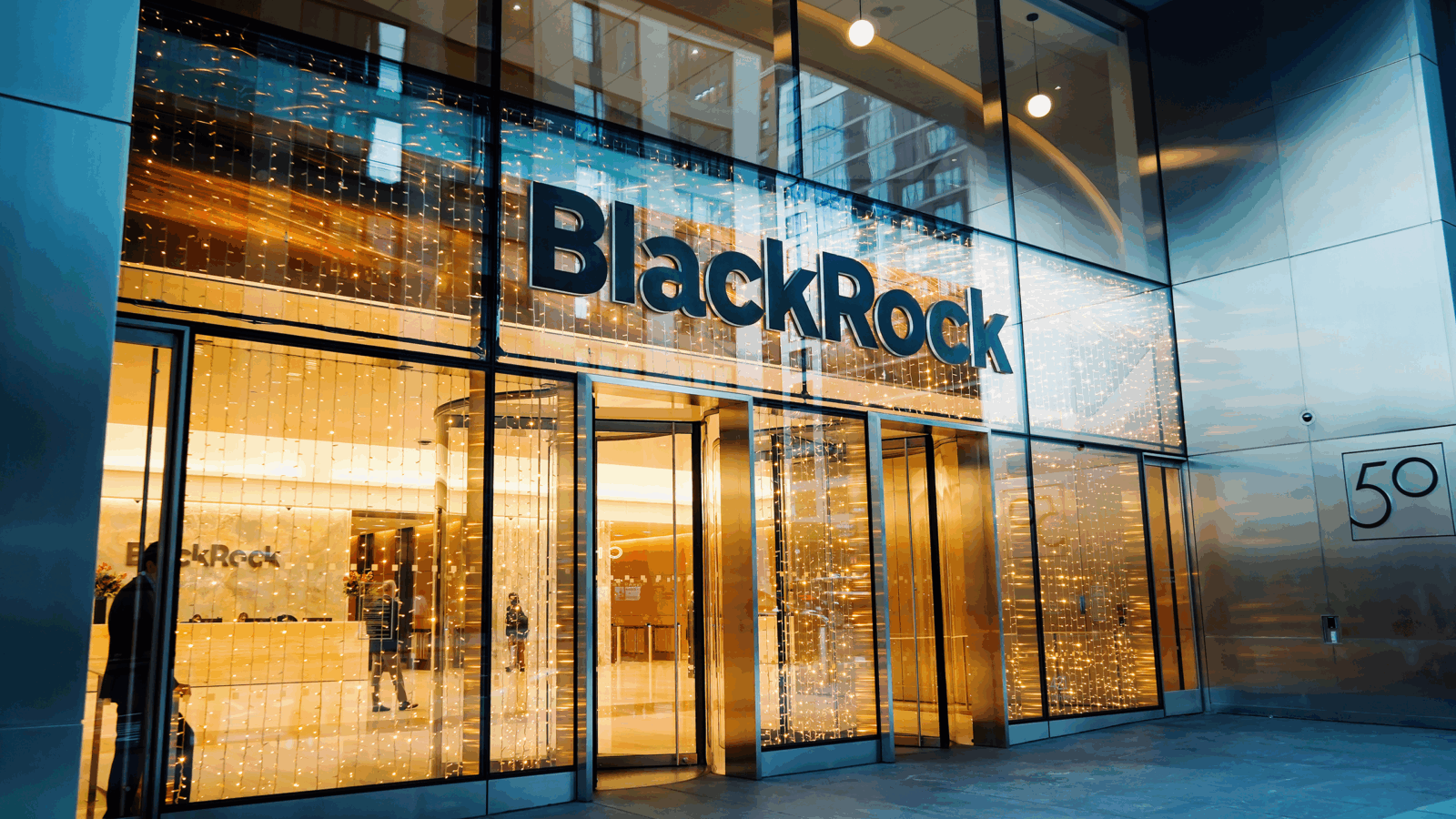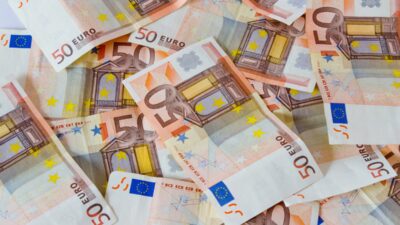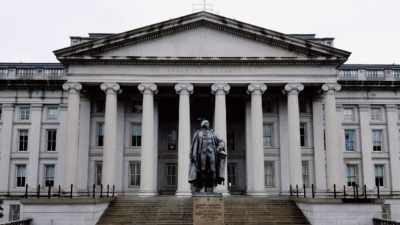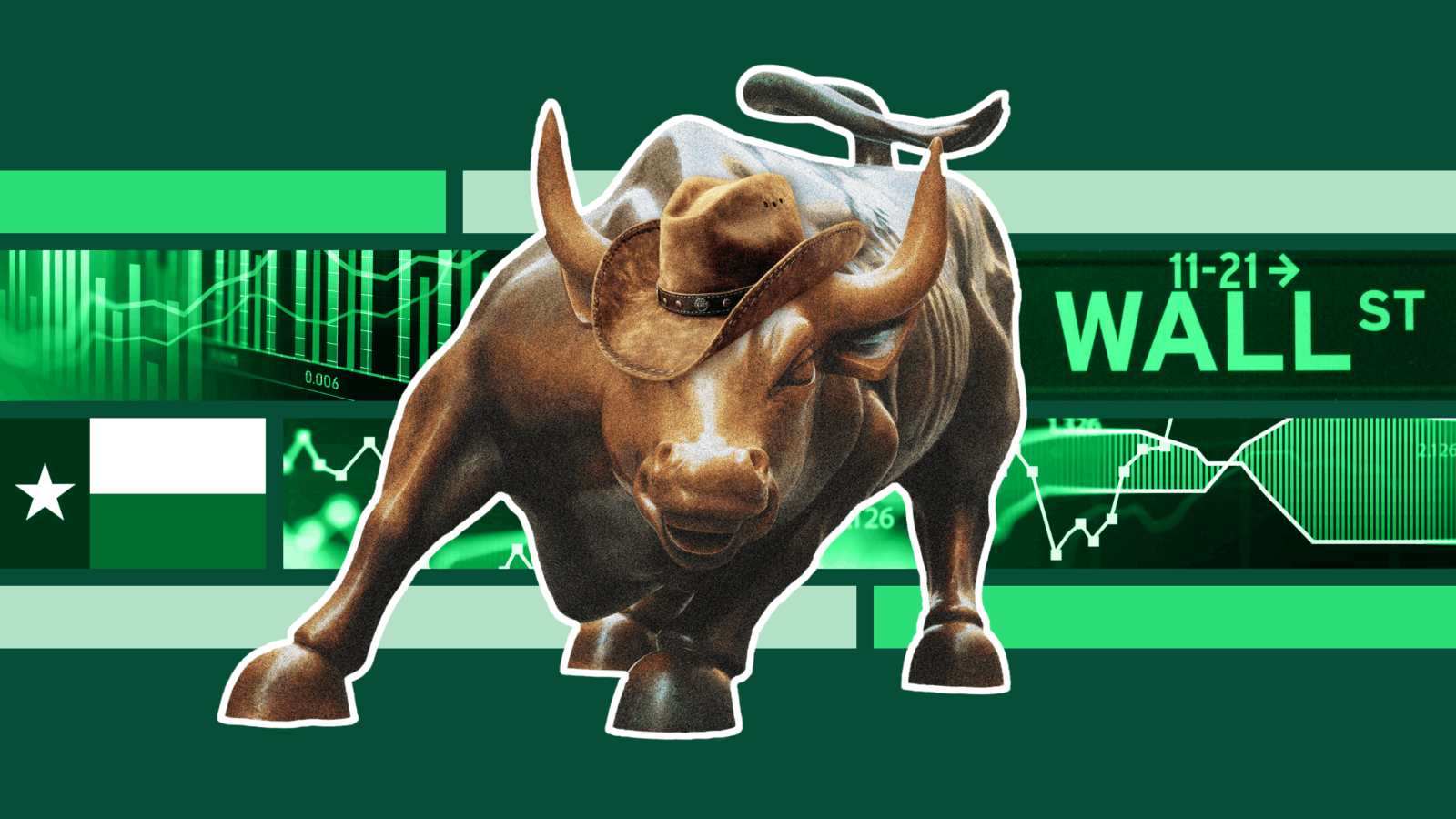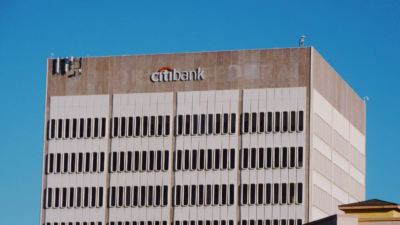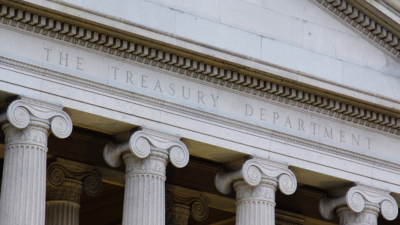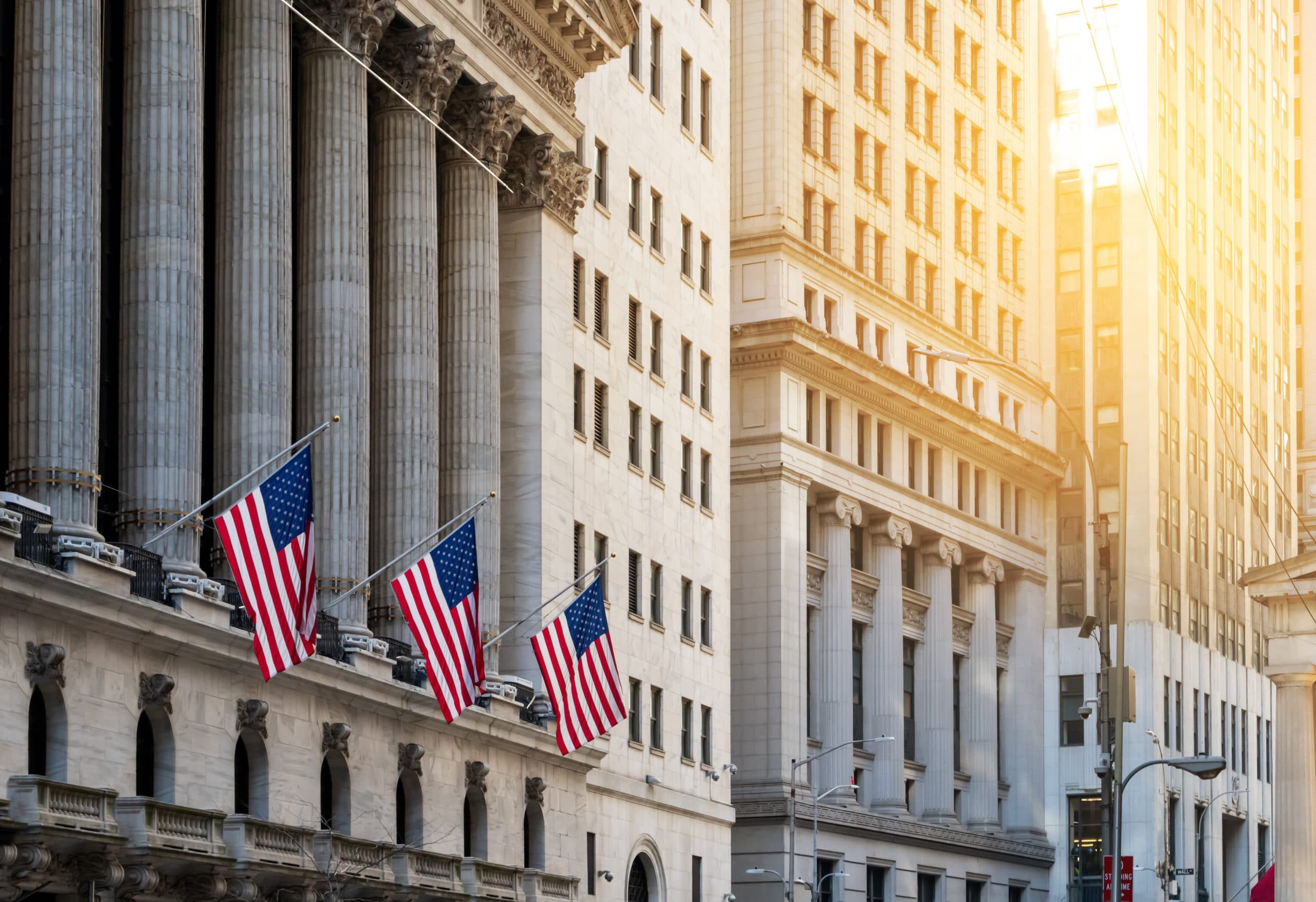
Sign up for smart news, insights, and analysis on the biggest financial stories of the day.
Where there are losers, there have to be winners. Hedge funds that reap profits by capitalizing on struggling companies are posting their best results since the aftermath of the 2008 financial crisis.
Distressed debt funds — which acquire bonds and loans from companies undergoing hardship — reported their tenth straight month of gains in July, with returns for the year topping 11%. But the spectacular market recovery they’ve been riding could also spell the end to their latest run.
Swimming in Credit Nirvana
Firms like Oaktree Capital, Elliott Management, and other distressed debt specialists make plenty of risk-laden investments when markets stumble (or tumble), planning to ride out the storm until recovery to lock in a big payday down the road. They bet on bonds that are near or already defaulted, hand out emergency loans, and in some cases even take control of borrowers.
This investment strategy has produced a huge windfall over the last 18 months, as the initial pandemic recession that pushed many industries to the brink was followed by a swift recovery buttressed by aggressive government spending and central bank stimulus:
- Data provider HFR says distressed debt returns are 13.9% in 2021, handily beating the average hedge fund return of 9.5%. Last year, distressed debt players returned 11.8%.
- Two of the most successful firms are Mudrick Capital Management and Strategic Value Partners; their distressed debt hedge funds have respective returns of 26.2% and 15.5%, according to documents shown to the Financial Times.
Best Times Behind Them? While the credit market rally has been a boon for distressed debt funds to this point, there are now concerns that opportunities are drying up with the economy so strong. UBS, for example, said it plans to trim its distressed debt exposure “given the material rally across corporate credit and more attractive long-biased opportunities in other segments.”
